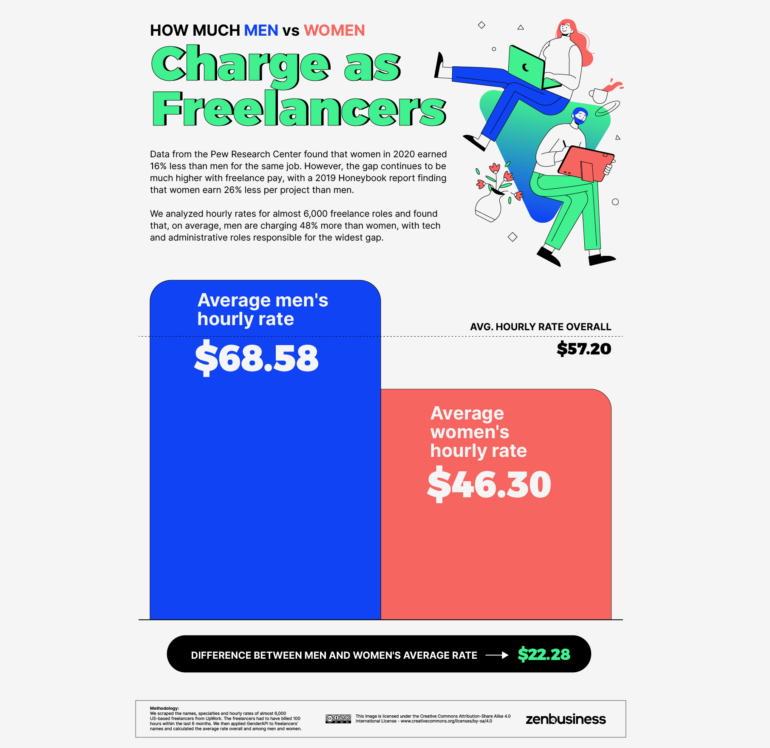There are two levels of reference for the elementary question of an appropriate remuneration of work: the markets and the needs of the employees. A study recently published in PLOS ONE by researchers at the Karlsruhe Institute of Technology (KIT) provides new insights into this issue.
“Our study shows that the respective incentive system, work experience, and especially gender have an influence on what wages managers set for their employees,” says Nora Szech, professor of political economy at KIT’s Institute of Economics and author of the study, which was conducted together with David Huber and Leonie Kühl from her team.
With a total of 500 test subjects—divided into “assemblers” and “managers”—the researchers investigated these influencing factors in KIT’s KD²Lab: “The assemblers screwed 100 ballpoint pens together and apart—a nerve-racking activity that took more than an hour. The managers determined the appropriate salary for this. They could choose amounts up to 21 euros. Some of the managers were allowed to keep the rest of the 21 euros for themselves; for the other part, the rest of the 21 euros went back into the research pot,” says Szech, explaining the experimental scenario.
Here, the gender-related differences proved to be particularly significant: “The managers,” says Szech, “kept most of the 21 euros for themselves, if possible; on average, they paid out only 7.59 euros. Without the possibility of self-interest, on the other hand, they set 11.10 euros as pay for the fitters—a difference of 46 percent.” Female managers decided much more consistently: “If they could keep the rest of the 21 euros for themselves, they set 8.54 euros as the assembly wage. If the rest of the 21 euros went to research, they considered 9.44 euros to be appropriate,” the researcher reports.
“Various studies observe that women make more selfless and moral decisions than men. However, we were shocked at how drastic the discrepancy was here,” Szech emphasizes. “Our study shows that diversity in the executive ranks is important if the atmosphere in a company is to be appreciative and wage inequality is to be limited.”
More information:
David Huber et al, Setting adequate wages for workers: Managers’ work experience, incentive scheme and gender matter, PLOS ONE (2022). DOI: 10.1371/journal.pone.0271762
Provided by
Karlsruhe Institute of Technology
Citation:
Female managers pay fairer, study finds (2022, September 1)
